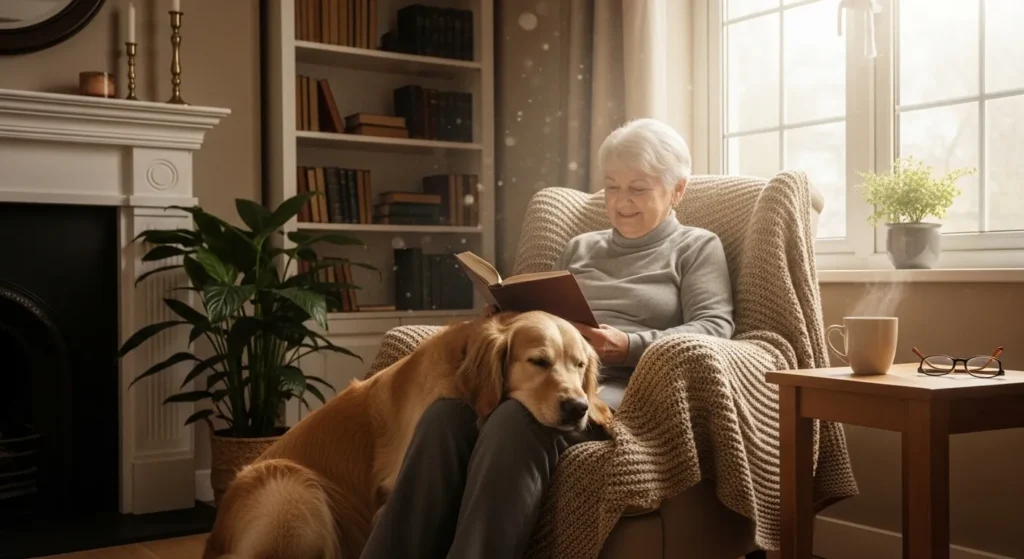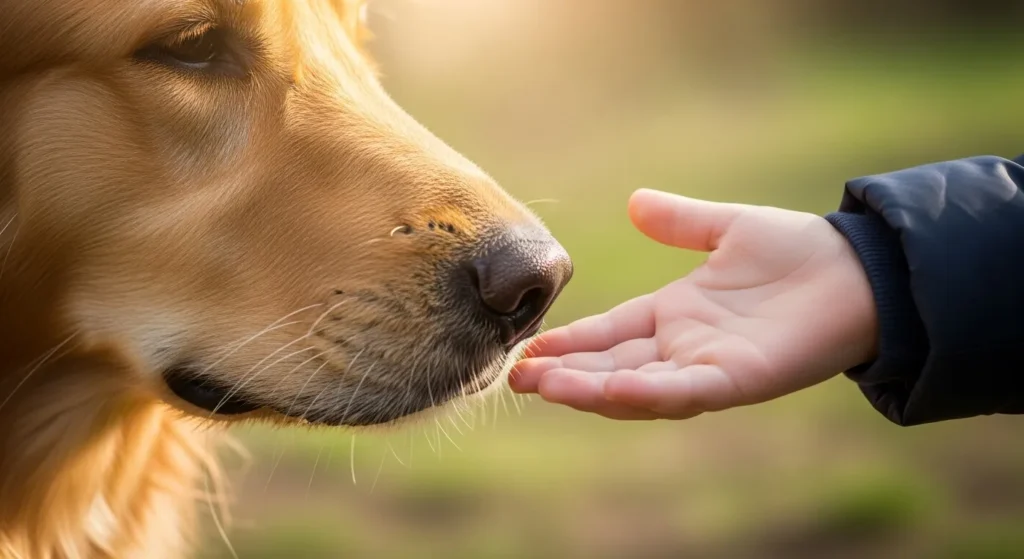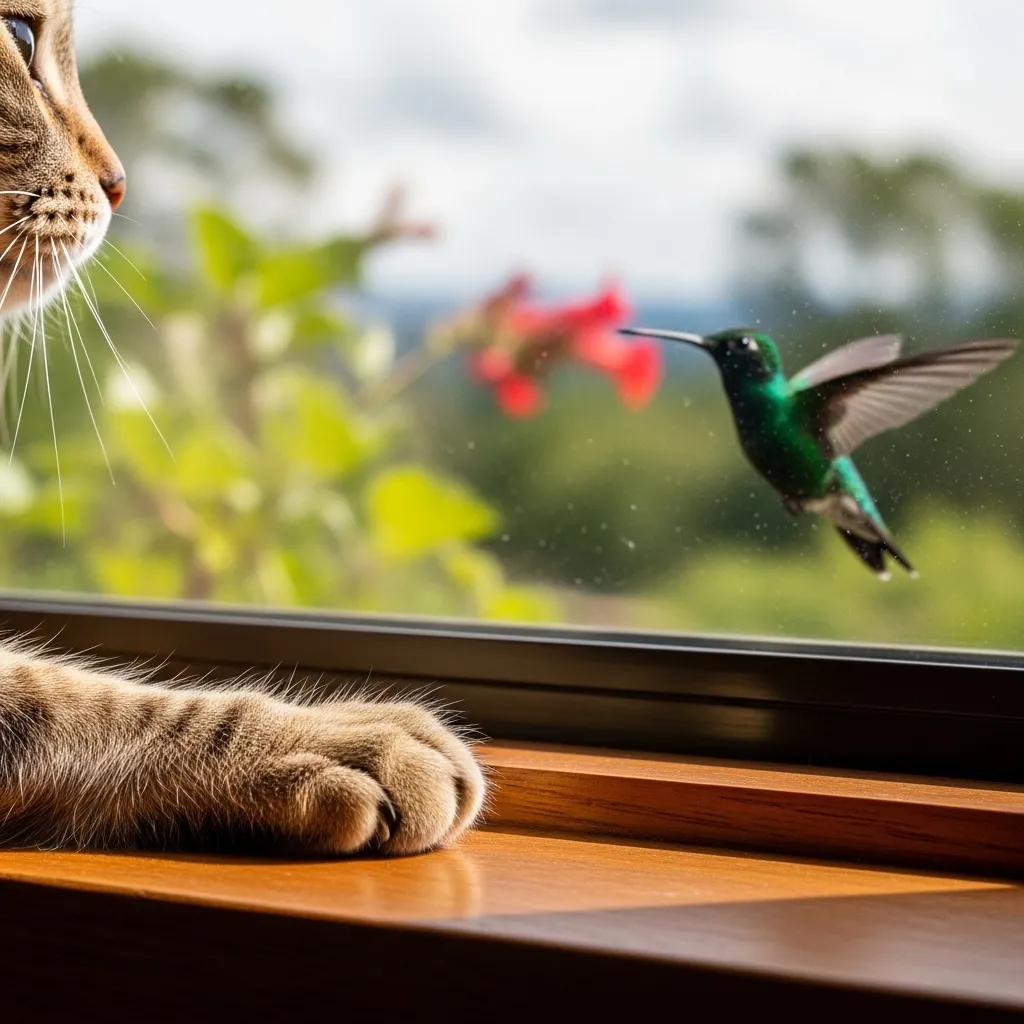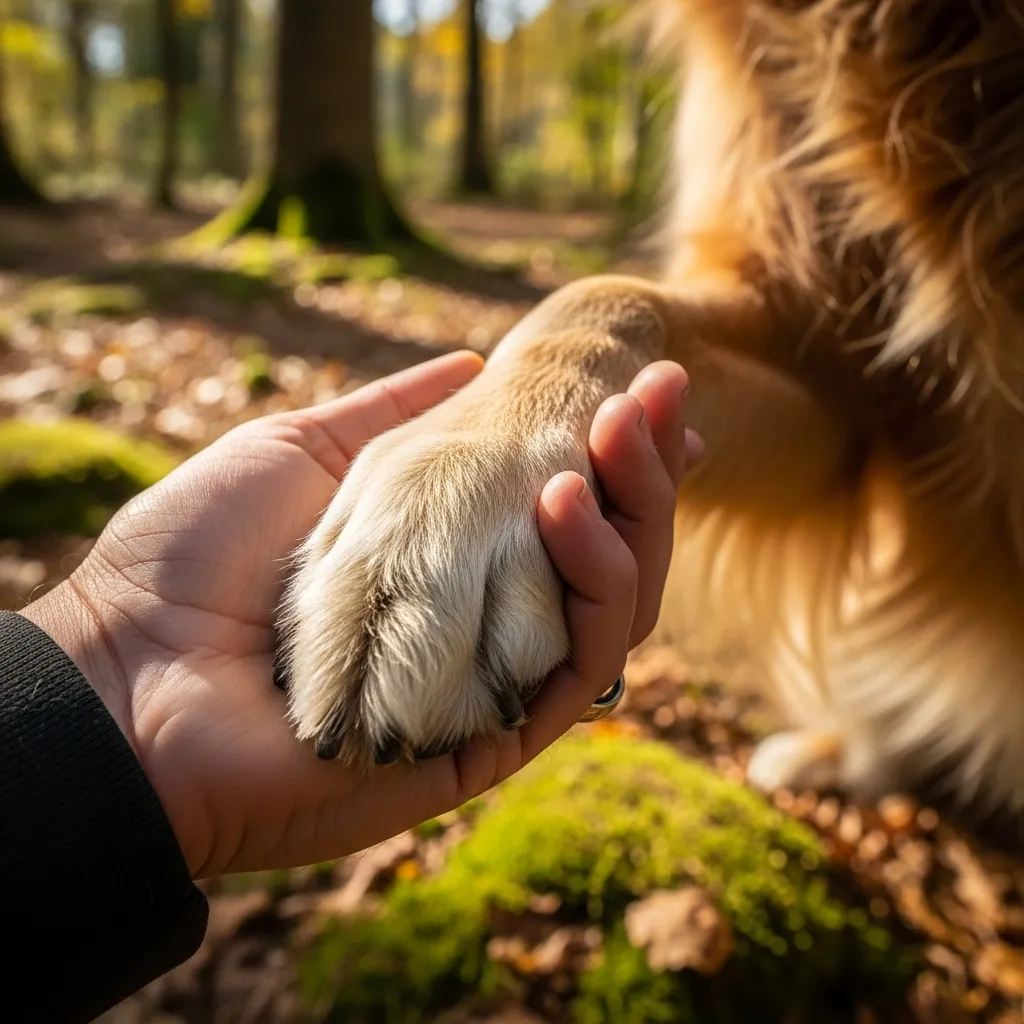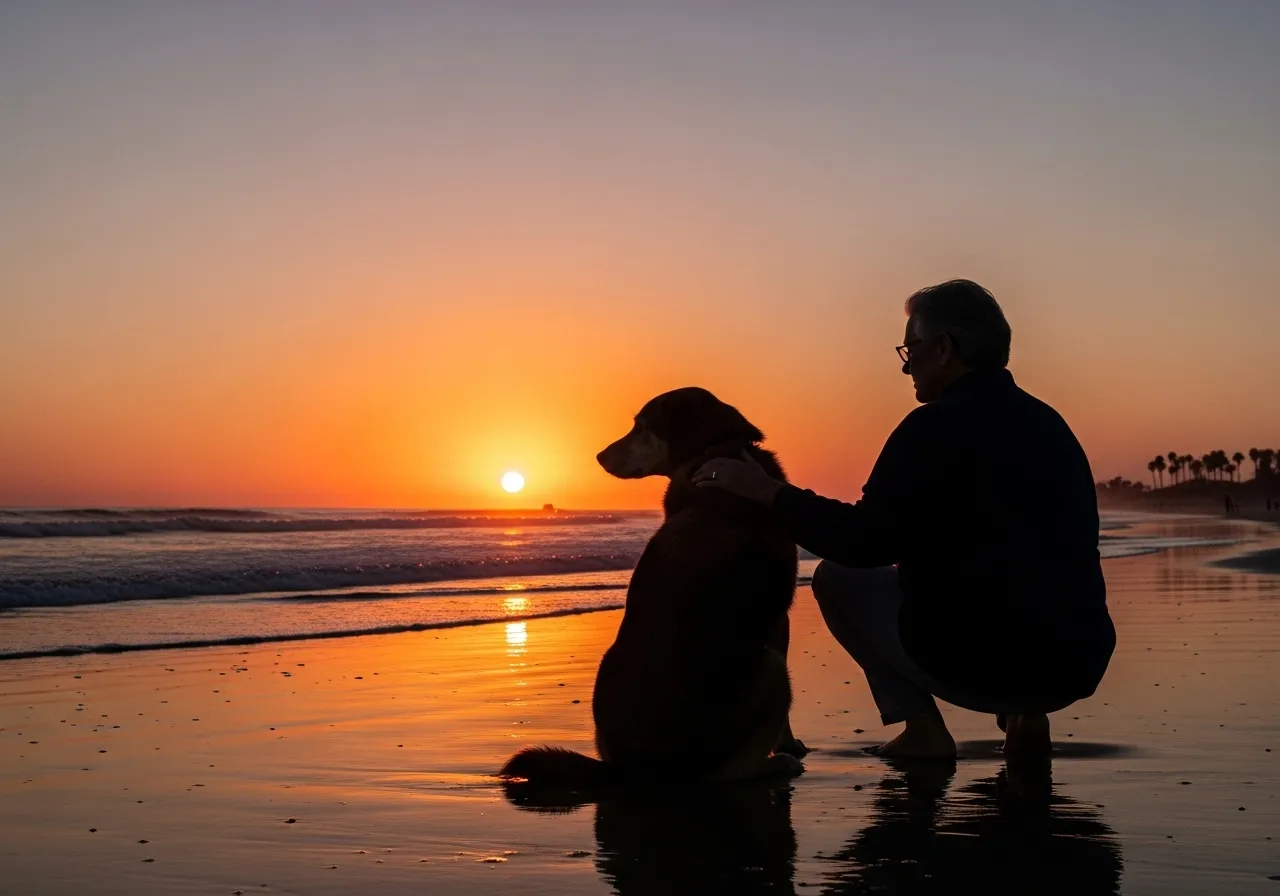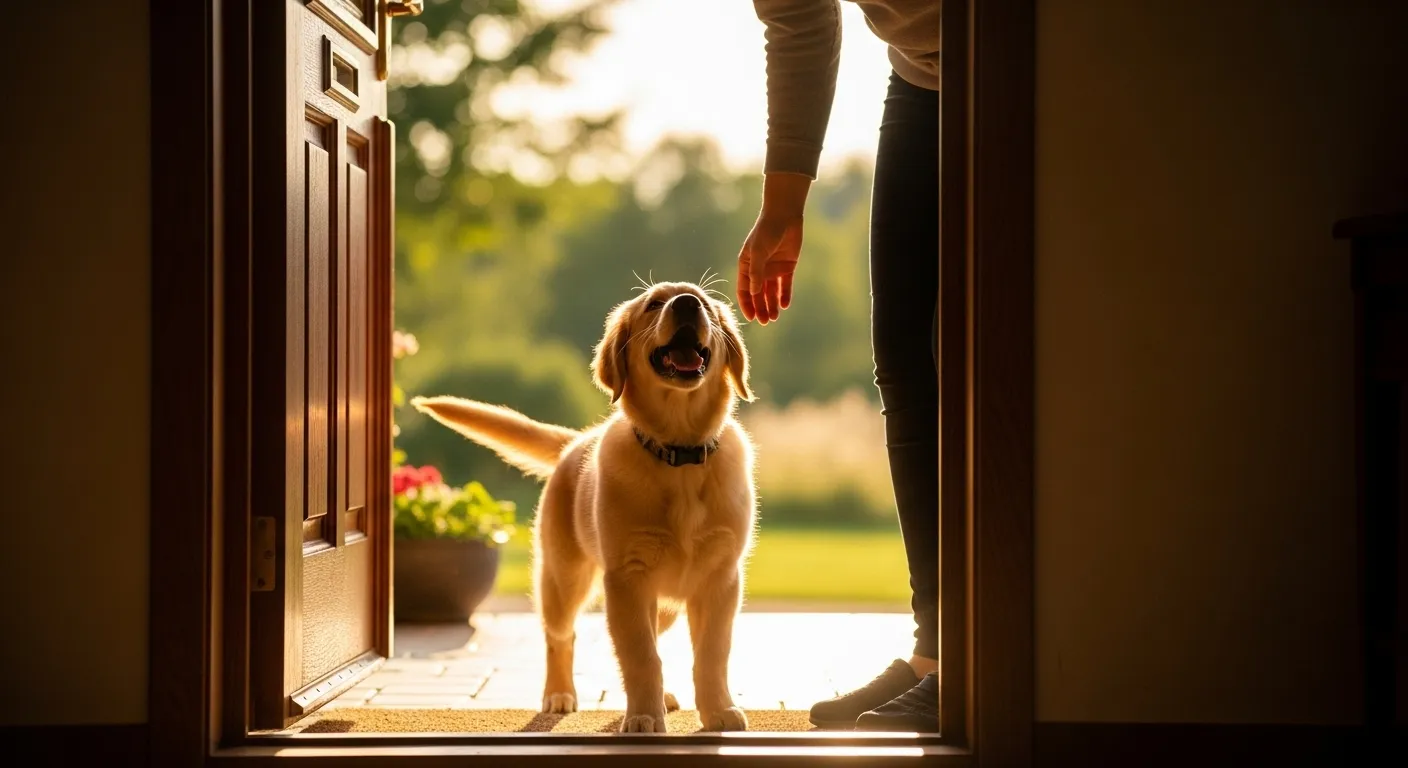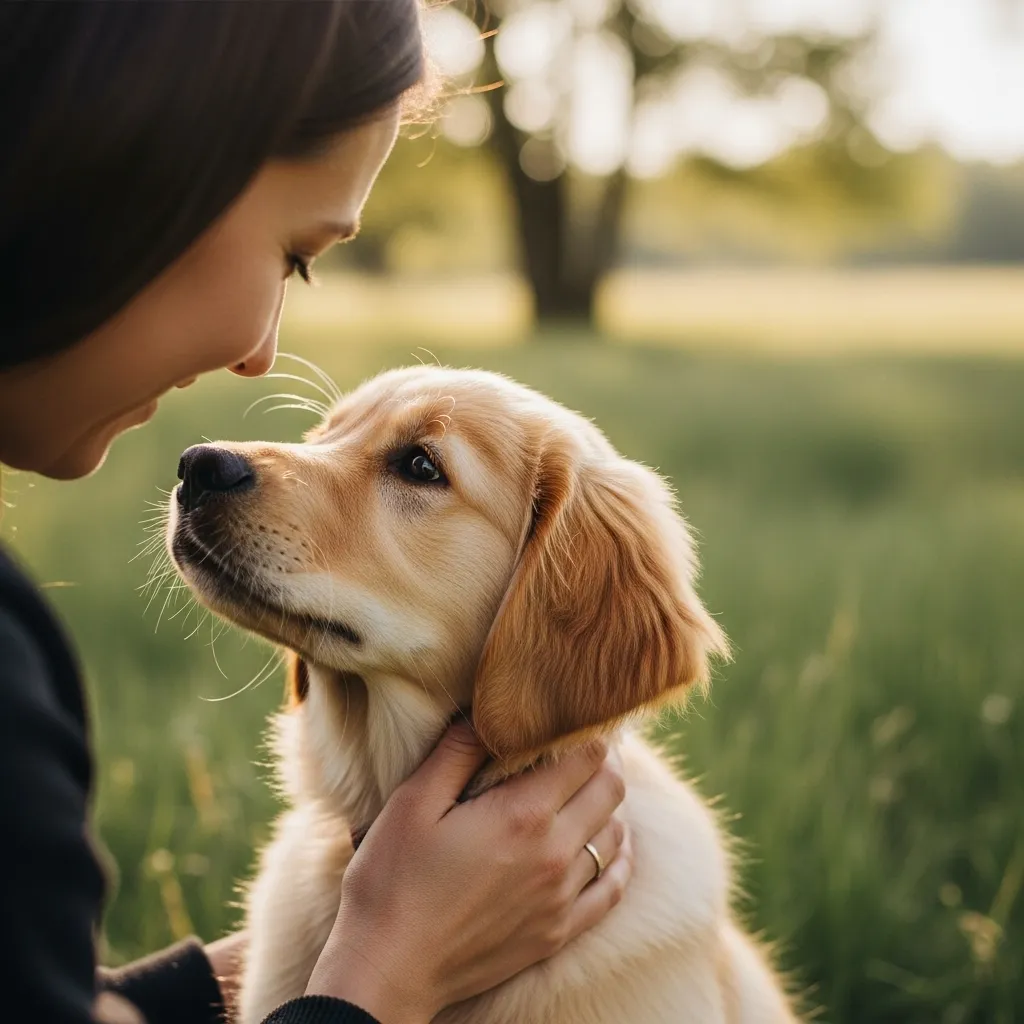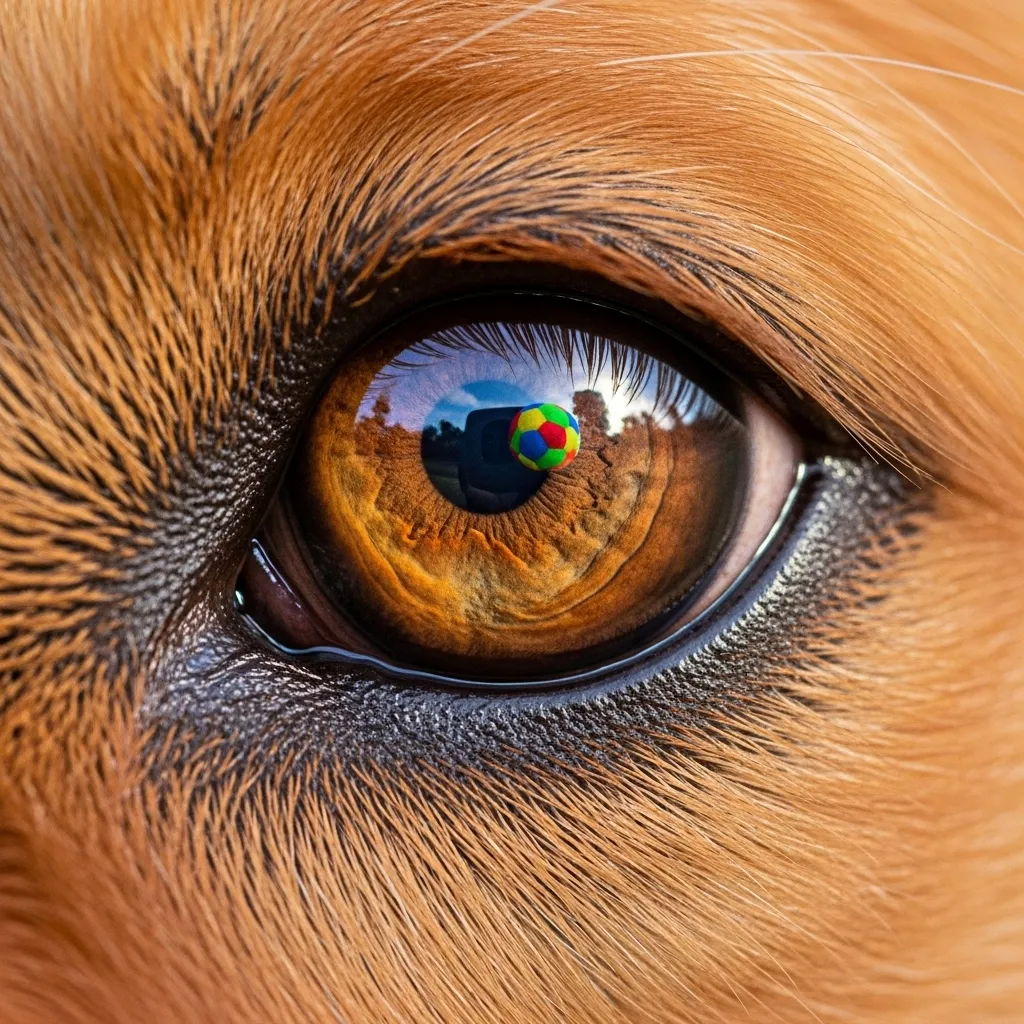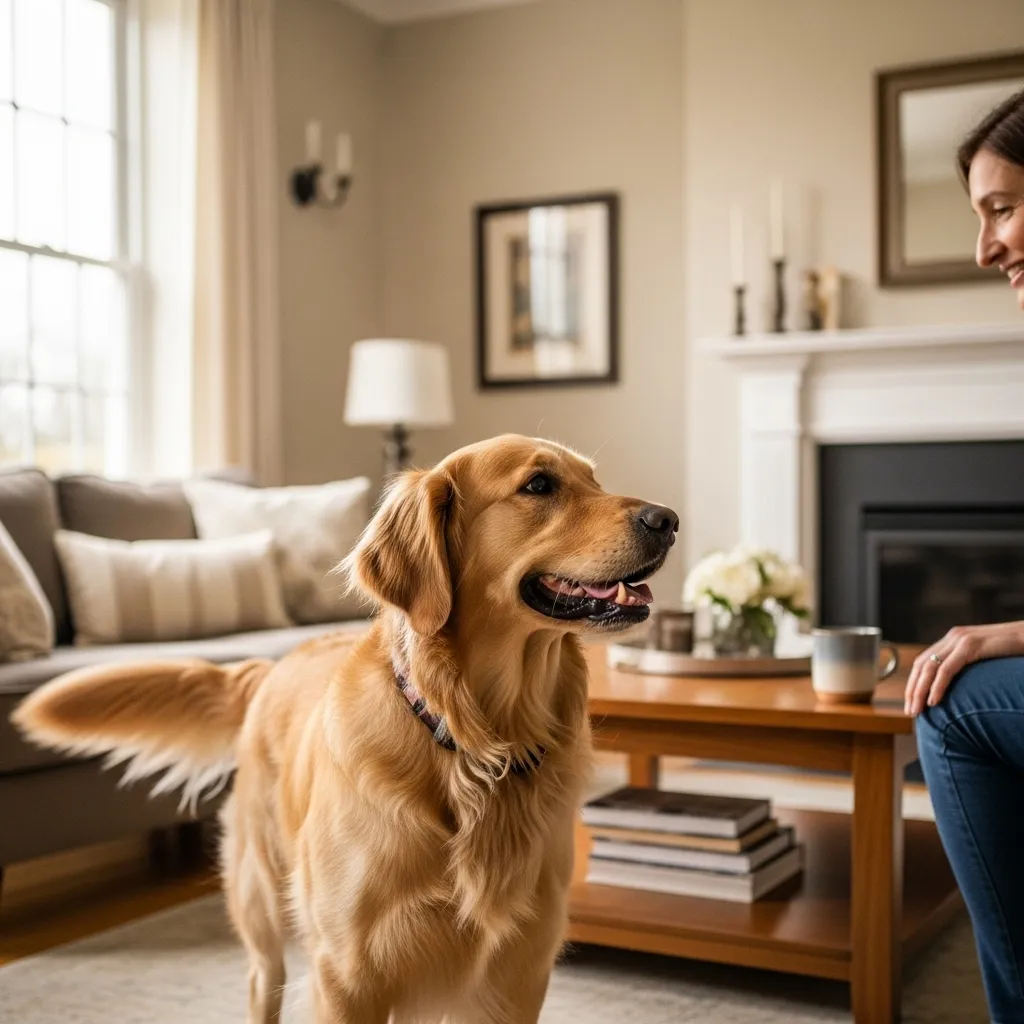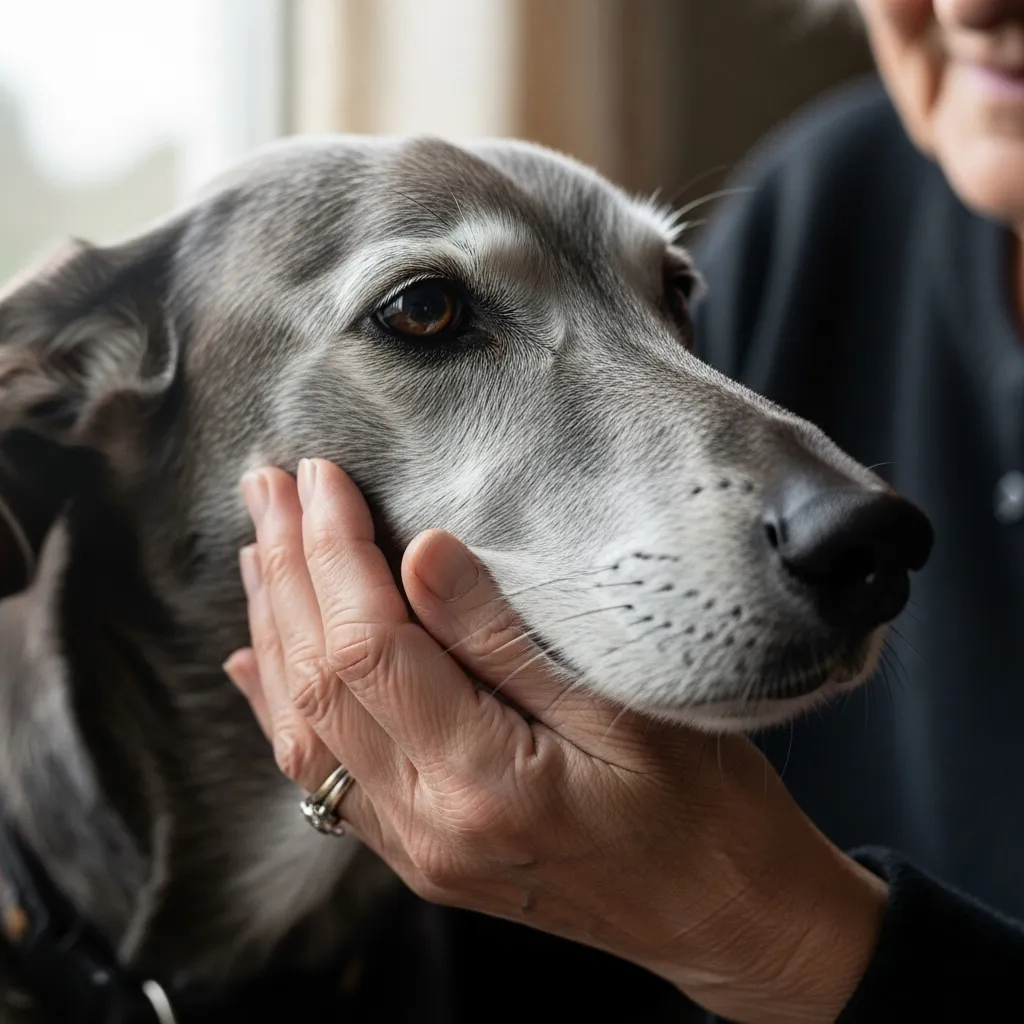
Ready to Write Your Own Adoption Story?
The stories of Eleanor and Buster, Robert and Sadie, and all the others are more than just heartwarming anecdotes. They are a powerful illustration of a simple truth: love knows no age limit. The bond between a senior person and a senior shelter pet is a unique and beautiful partnership built on mutual need, quiet understanding, and the shared joy of a comfortable life. Adopting an older animal is an act of compassion that repays itself tenfold in purrs, tail wags, and unwavering companionship.
If these adoption stories have touched your heart and you feel ready to explore this journey, here are a few simple next steps to get you started:
1. Reflect on Your Lifestyle. Take a moment to honestly assess your daily routine, your energy level, your home environment, and your budget. This self-awareness is the first step to finding the perfect companion for your specific circumstances.
2. Research Local Shelters and Rescues. Use the internet or ask friends to find reputable animal welfare organizations in your area. Specifically look for those that have a senior pets for seniors program, as they often provide extra support and financial incentives.
3. Visit and Talk to the Experts. Go to a shelter with an open mind. Don’t rush the process. Spend time with the animals and have a long conversation with the adoption counselors. They are passionate about making lasting matches and are your best guides.
4. Prepare Your Home. Before you bring your new friend home, set up their safe space. Get the essentials: a comfortable bed, food and water bowls, a litter box for a cat, or a collar and leash for a dog. Having everything ready will make the transition smoother for both of you.
Every day, thousands of gentle, loving senior animals sit in shelters, waiting for a second chance. They don’t need a big backyard or a marathon runner. They just need a quiet home and a loving heart. Perhaps yours is the one they’ve been waiting for.
Disclaimer: This article is for informational purposes only and does not constitute veterinary medical advice. Always consult your veterinarian for your pet’s health, diagnosis, treatment, or nutritional decisions. You can find general pet health and welfare information from organizations like the ASPCA and the American Animal Hospital Association (AAHA).

